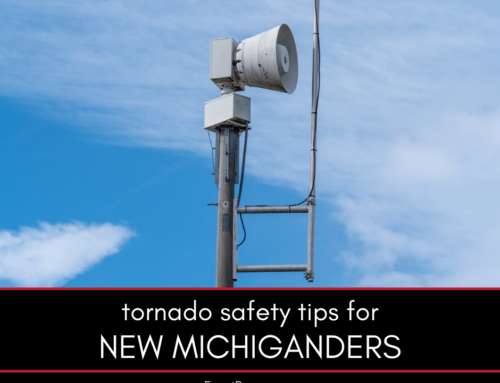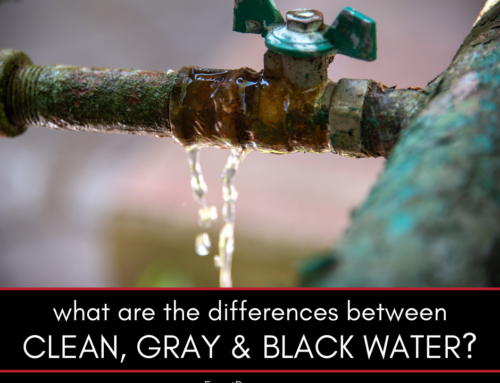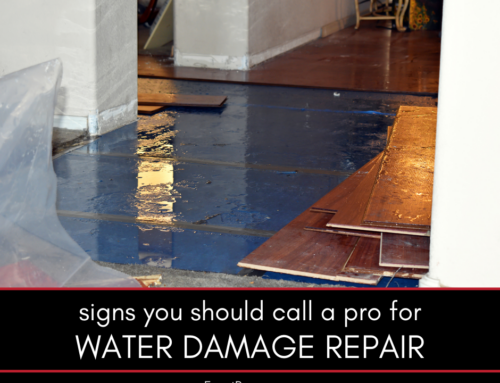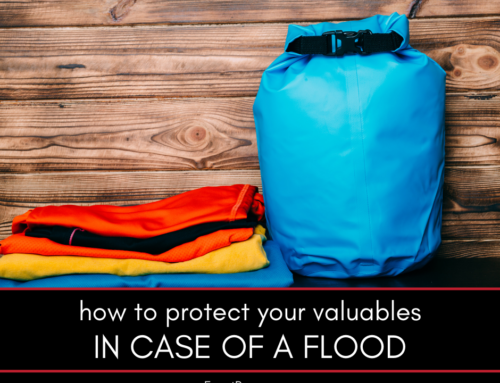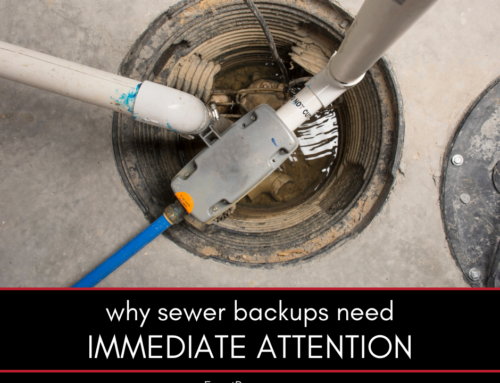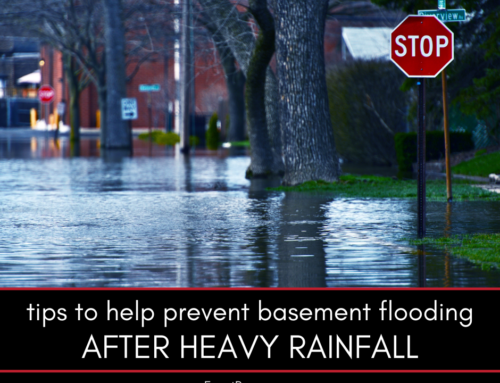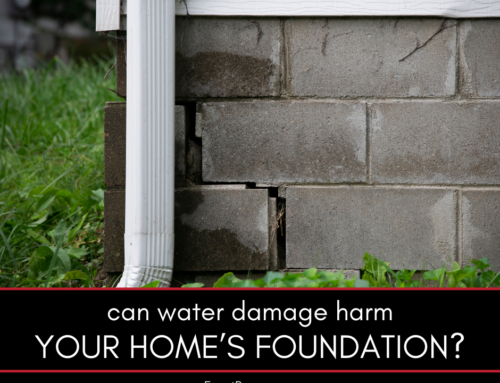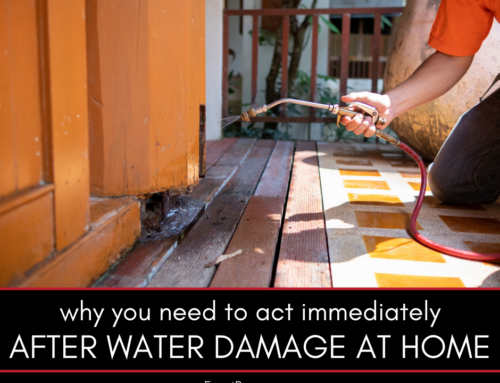When your home suffers from fire damage, the aftermath can be overwhelming. Understanding what to do next is crucial for restoring your home and ensuring your family’s safety.
What You Need to Know About Fire and Smoke Damage
Experiencing a fire in your home is traumatic. The damage can range from structural issues to lingering smoke odors. This guide explains the following:
- The impact of fire damage
- How smoke damage affects your home
- Immediate steps to take after a fire
- The role of professional fire damage restoration
- How to prevent future fire damage
Here’s a closer look at each.
The Impact of Fire Damage
Fire damage can compromise the structural integrity of your home. It can weaken walls, floors, and ceilings, making it unsafe to live in. The heat from the fire can also cause warping and melting of materials, leading to extensive repairs.
Related: How to salvage your belongings after major home damage
How Smoke Damage Affects Your Home
Smoke damage is often more pervasive than fire damage. It can spread throughout your home, affecting areas not directly touched by flames. Smoke can leave behind soot and a persistent odor, which requires specialized cleaning methods to remove.
Immediate Steps to Take After a Fire
After ensuring everyone’s safety and calling emergency services, the first step is to contact a professional for fire damage and smoke damage restoration. Avoid entering the home until it has been deemed safe. Document the damage for insurance purposes and start the cleanup process as soon as possible to prevent further issues like water damage.
The Role of Professional Fire Damage Restoration
Professional fire damage restoration involves assessing the damage, cleaning up debris, and repairing or rebuilding affected areas. Experts will use specialized equipment to remove smoke and soot, sanitize the area, and ensure that your home is safe to live in again. This process may also include mold remediation if water was used to extinguish the fire.
How to Prevent Future Fire Damage
Preventing future fires involves regular maintenance and safety checks. Ensure that smoke detectors are working, and have an escape plan in place. Regularly inspect electrical systems, and avoid overloading circuits. Keeping flammable materials away from heat sources can also reduce the risk of fire.
Related: Expert tips for dealing with water and fire damage, mold and more
FAQ About Fire and Smoke Damage
Check out these commonly asked questions about fire and smoke damage. If you don’t see your question here, please call our office and we’ll find you the answers you need.
How Soon Should I Start Fire Damage Restoration?
You should start fire damage restoration as soon as possible to prevent further damage. Delays can lead to more severe structural issues and increased costs.
What Can I Salvage After a Fire?
Many items can be salvaged after a fire, but it depends on the extent of the damage. Non-porous items like metal and glass can often be cleaned, while porous materials like fabric may need to be discarded.
How Do Professionals Remove Smoke Odor?
Professionals use specialized equipment like ozone generators and thermal foggers to neutralize smoke odors. This process involves breaking down odor-causing particles at a molecular level.
Is Fire Damage Covered by Insurance?
Most homeowner’s insurance policies cover fire damage, but it’s essential to review your policy details. Document the damage and contact your insurance company immediately after a fire.
Can I Live in My Home During Fire Damage Restoration?
Depending on the extent of the damage, you may need to find temporary housing. Professionals will assess whether it’s safe to remain in your home during the restoration process.
Do You Need a Disaster Remediation Expert in Washtenaw County or Jackson County?
If your home has already been damaged, we can help. Check out our services and call Exact Recon for your free disaster remediation quote today. We offer:
- Water damage restoration
- Fire damage restoration
- Mold removal and remediation
- Fire and smoke restoration
- Sewer cleanup and disinfecting
- Reconstruction
- Wind and storm damage repair


